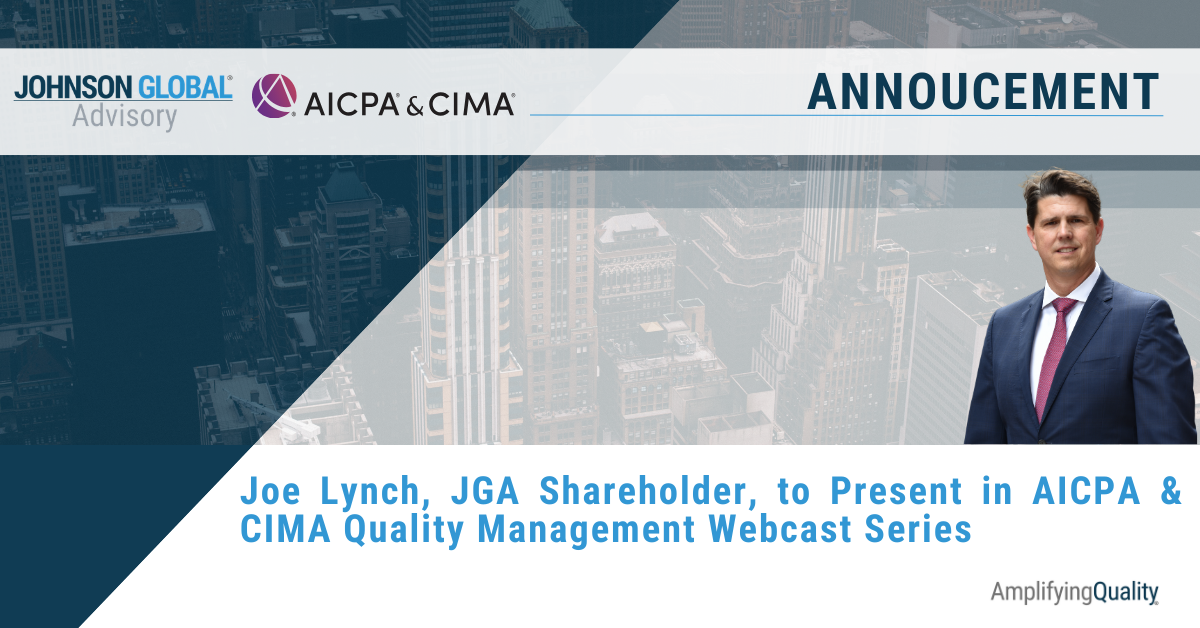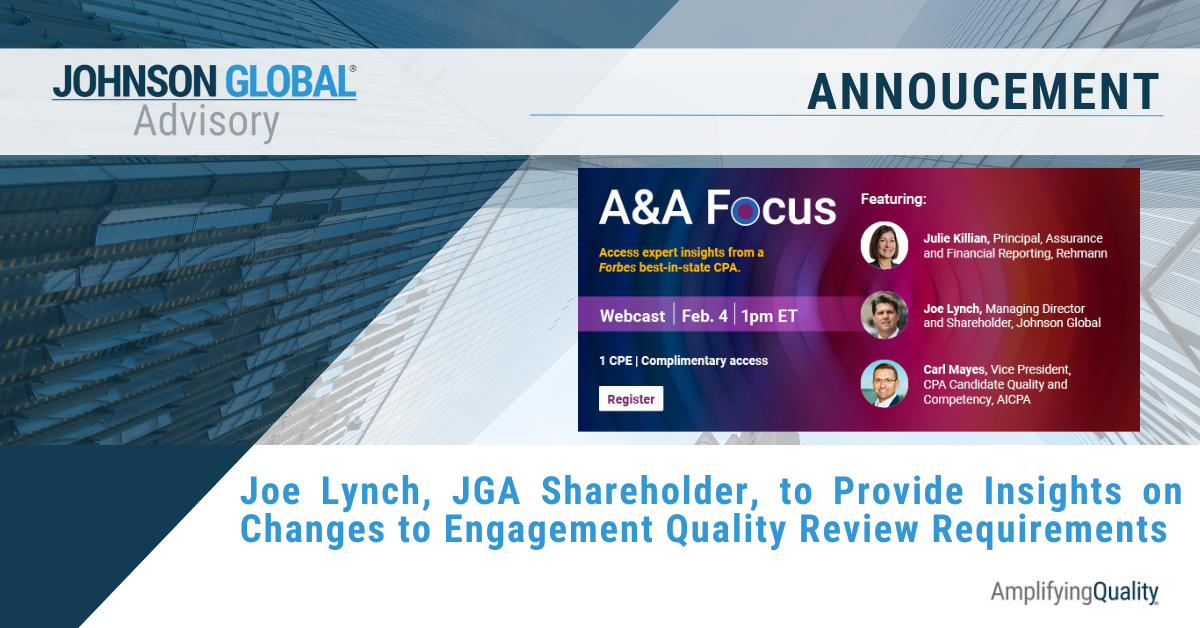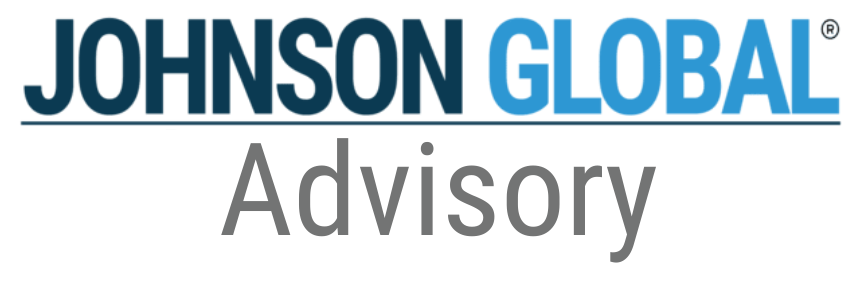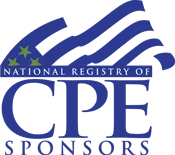Trainings and Seminars
Advisory Services for Public Company Auditors
Trainings and Seminars
Training is an important part of a firm’s system of quality control and often critical to successful remediation programs. At JGA, we work with our clients to develop appropriate trainings based on the specific needs, clients, and dynamics of each firm, whether it be part of an overall remedial action related to the PCAOB inspection process, a specific skill such as a new accounting or auditing standard implementation, or an annual “refresh” as part of your recurring training curriculum. We develop interactive, comprehensive training programs that are responsive to your needs. Alternatively, we can deliver previously-developed training programs on a wide-range of auditing, accounting, and regulatory topics, including:
- Effective Preparation for a PCAOB inspection
- Identifying and Assessing Risks of Material Assessment under PCAOB Auditing Standard (“AS”) 2110
- Auditor’s Response to the Risk of Material Misstatement (AS 2301)
- Internal Control over Financial Reporting (ICFR) (AS 2201)
- Substantive Analytical Procedures (AS 2305)
- Effective Audit Sampling and Avoiding Common Pitfalls (AS 2315)
- Auditing Accounting Estimates (AS 2501)
- Using the work of a Specialist (AS 1210)
- Evaluating Audit Results (AS 2810)
- PCAOB and Regulatory Updates
- Auditing Inventory, including testing of controls over inventory in an integrated audit (AS 2510)
- Evaluating Impairment – Intangibles / Goodwill (ASC 350)
- Auditing Information Produced by Entity, including Testing Completeness and Accuracy
- Critical Audit Matters – Understanding, Applying, and Implementing the new Auditor’s Reporting Model
- Applying Due Professional Care under PCAOB Auditing Standard (AS 1015)
- Engagement Quality Review (AS 1220)
- Audit Committee Communications (AS 1301)
Johnson Global Accountancy is registered with the National Association of State Boards of Accountancy (NASBA) as a sponsor of continuing professional education on the National Registry of CPE Sponsors. State boards of accountancy have final authority on the acceptance of individual courses for CPE credit. For more information please refer to www.NASBARegistry.org.




